A paper reviewing APPC research during the pandemic finds a "conspiracy mindset" was a major factor in resistance to Covid vaccination.
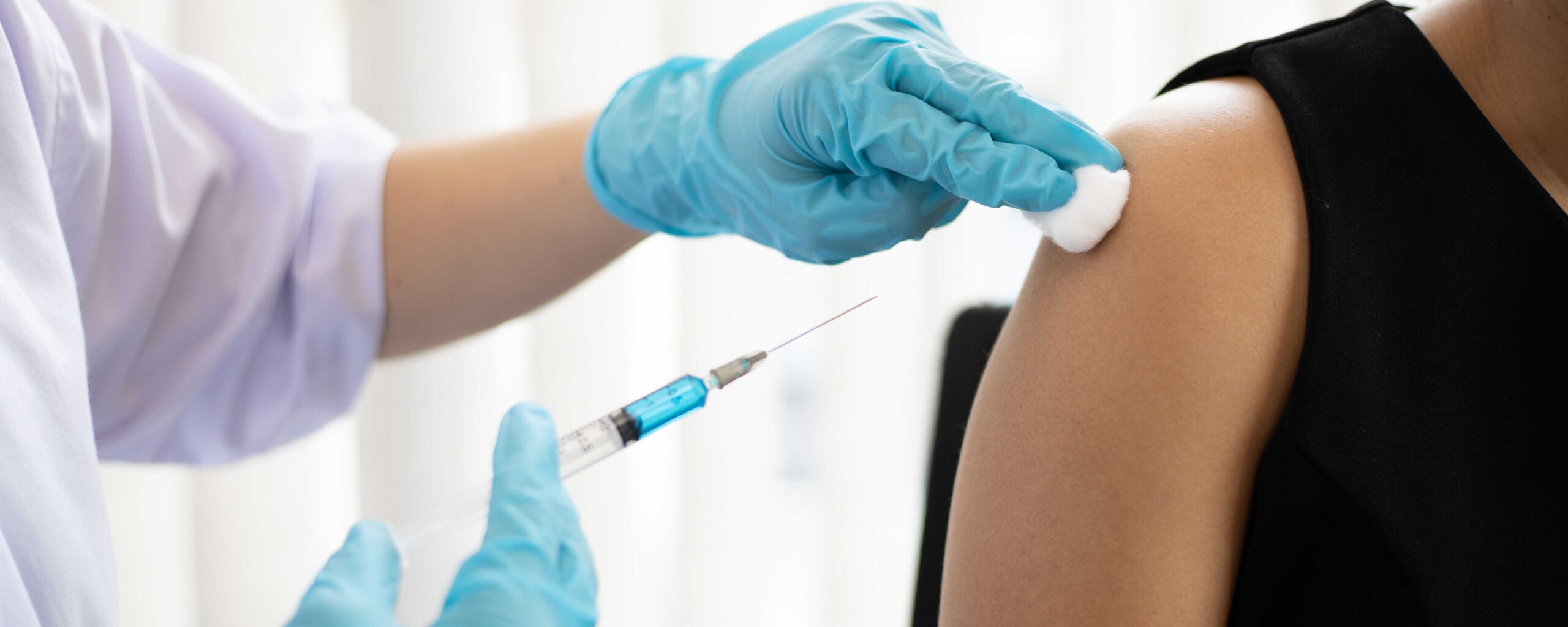

A paper reviewing APPC research during the pandemic finds a "conspiracy mindset" was a major factor in resistance to Covid vaccination.

A paper by APPC researchers identifies the advantages of an innovative approach to countering misinformation called “bypassing," which may have advantages over the standard approach to correcting inaccurate statements.
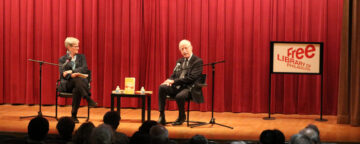
Former NIH director Francis Collins and APPC's Kathleen Hall Jamieson discussed science, faith, trust, and Collins' new book "The Road to Wisdom" at the Free Library of Philadelphia.

A comprehensive meta-analysis from a research team led by the University of Pennsylvania examines what types of vaccine intervention strategies have the greatest effect in increasing vaccination.

In a study, Annenberg researchers sought to uncover whether the threat of misinformation drives Americans to seek out news sources that reflect their own political beliefs.

A new ASAPH survey finds that a quarter of U.S. adults do not know that claims that the MMR vaccine causes autism are false.

APPC hosted the annual SEJ conference April 3-7, focusing on Democracy, Disinformation, Activism… What’s Environmental Journalism’s Role?”
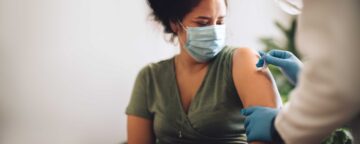
In JAMA, 3 Penn scholars advocate for renaming of the Vaccine Adverse Event Reporting System (VAERS) and improving public understanding of the vaccine surveillance system.
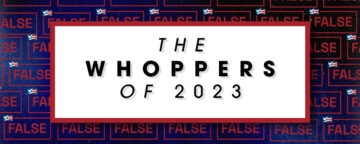
FactCheck.org has rounded up a dozen of the year's false and misleading claims, including remarks by President Joe Biden, former President Donald Trump, and presidential candidate Robert F. Kennedy Jr.
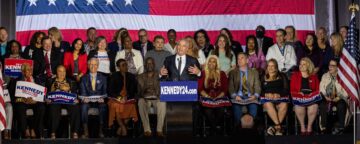
In a new three-part series, FactCheck.org examines Democratic presidential candidate Robert F. Kennedy, Jr.'s false and misleading claims about vaccines, autism, Covid-19 and other health topics.